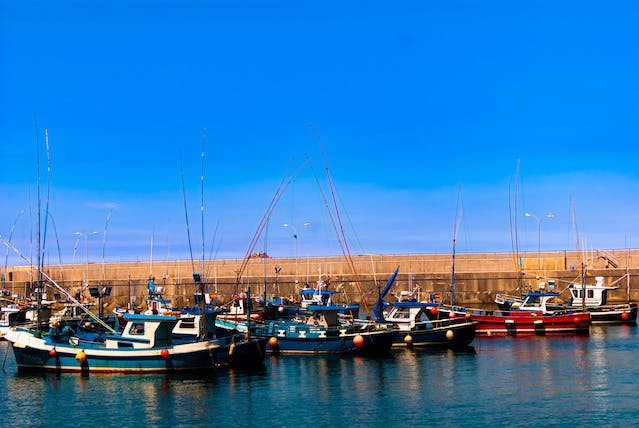
Starting from January 9th, the European Union has Implemented New Rules Aimed at Making Fishing More Sustainable.
The European Commissioner for Environment, Oceans and Fisheries, Virginijus Sinkevičius, declared the objective of ensuring better protection of marine resources and the application of control standards along the entire supply chain, from net to plate. The new provisions, derived from the revision of the Regulation on the methods of controlling fishing activities, concern both EU vessels and those fishing in the territorial waters of member countries. Brussels’ goal is to align with technological developments and implement harmonized sanctions for those who violate the common fisheries policy. The control of fishing activities will be completely digitalised, using a localization system (VMS) to track all fishing vessels and, all catches made, will have to be recorded electronically, easing the burden on fishermen thanks to the use of tools such as applications on mobile devices. This approach will not only improve the effectiveness of control but will also simplify administrative procedures.
The amended Regulation, which entered into force on 9 January, provides transitional provisions to allow EU fishing authorities and other stakeholders to adapt to the new requirements. Most of the rules will apply in two years, starting from 10 January 2026, while some exemptions from the margin of tolerance will be in force from 9 July 2024. Provisions such as remote electronic monitoring, electronic traceability and catch recording for artisanal fleets will only be applied after 4 years, from 10 January 2028.
In a nation strongly linked to the fish market like Italy, for example, the rules relating to fishing play a crucial role in the management and conservation of marine resources and, the adoption of specific regulations, aims to guarantee the sustainability of fishing activities and the protection of marine ecosystems which are also fundamental for tourism. The Ministry of Agricultural, Food and Forestry Policies is responsible for the definition and implementation of Italian fishing regulations. The regulations cover several dimensions, including the definition of fishing quotas, the seasonality of catches and protection measures for species at risk. These regulations must therefore be integrated with those under discussion in this period in Brussels for the common protection of an extremely precious asset for the Old Continent. In a context of growing environmental awareness and international efforts to preserve marine resources, Italy is committed to maintaining cutting-edge fishing standards. This commitment not only contributes to the protection of the marine environment, but also promotes the long-term prosperity of coastal communities and the Italian fishing industry.
Digital traceability will be mandatory along the entire supply chain, starting from fresh, frozen and aquaculture products, gradually extending to processed seafood products such as preserves. This measure aims to ensure that every seafood product, even imported ones, is subjected to rigorous monitoring and that its origin and compliance with regulations are traced. The new rules include the introduction of catch certificates for imported fishery products. The requirement to use the Catch IT tool simplifies the catch certification process for fish products intended for import into the EU. This tool offers a fully digitalized workflow, simplifying data exchange between all involved parties and control authorities, speeding up administrative procedures and improving the effectiveness of the catch certification system.
Although these new measures present challenges and require a period of adaptation, they represent a decisive step towards the sustainable management of marine resources. The European Union, with its commitment to sustainable fishing, is charting a course that not only preserves marine ecosystems, but also promotes transparency, traceability and the adoption of responsible practices throughout the seafood supply chain. With the adoption of advanced technologies and more rigorous regulations, European fishing is moving towards a more sustainable and conscious future.



 Subscribe
Subscribe